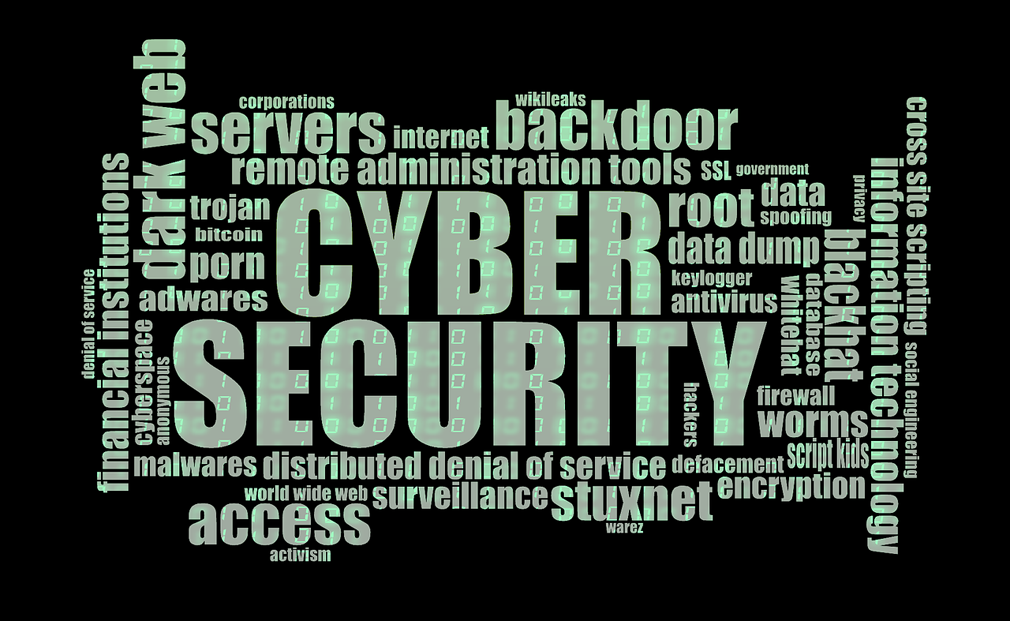
There seems to be a common myth among small business owners that their computers and information aren't what hackers really look for. They don't really have an interest in attacking the little guys. These assumptions have been proven to be wrong.
Studies have shown that cyberattacks target small business at a very high rate. In fact, the Verizon 2019 data breach investigations report has shown that 43% of cyberattacks target small businesses. The criminals who launched these attacks look for easily accessible data for their benefits. Data such as credit card details, customer contact information, or other personal information is what they strive for.
Why do attackers target small businesses?
Simple. Small business owners don't take cybersecurity very seriously, thinking their business is too small to attract any interest from criminals. This couldn't be farther from the truth.
No matter if you're in the health care industry or take payments from clients with credit card information, you have exactly what the cybercriminals want. They want credit card information and personal information from your health care records.
While large companies can afford to invest millions of dollars in cybersecurity software and protection, small businesses simply lack the capital to dedicate cybersecurity protections and advanced protocols. Hackers know this and take advantage of it.
If your small business gets attacked, it can cost you anywhere from $80,000 to $150,000. Other attacks may cost you more. A large corporation can easily handle a small attack such as that, however, it would cripple a small business. Reports have shown that 60% of small businesses close within 6 months after a cyberattack.
How can you defend yourself?
You need to be proactive and vigilant. You need to keep informed and understand how this happens, the real dangers, and the steps you need to take.
Here are just a few of the things you can do to protect yourself from a cyber-attack.
- Make sure your small business has the proper antivirus software and hardware properly configured. This software helps prevent hackers from coming in the back door and open ports in your network.
- We recommend making sure you have a designated point person to oversee the cybersecurity efforts. Employees multitask and perform difference duties while there at work, however, you'll need someone who is trustworthy and has a focus on cybersecurity. This person can either do the work or find the right professional who can implement the proper updates, upgrades, and scans.
- Business owners and managers need to properly train their employees. Ongoing training is crucial to keep up with employee turnover, and trends in the cybersecurity industry. Limitation to sensitive data and proper data access is crucial in helping to prevent a cyber-attack.
- Be aware that any of your employees from your small business can be described as an “internal threat”. Reports have shown that 31.5% of attacks are initiated by company employees. Small businesses need to make sure their internal protocols are designed to protect and make sure you keep a close eye on employees who have access to sensitive data.
- This may be one of the most important tips in protecting your small business from cyberattacks. You need to have your company data backed up. We recommend having 2 copies of your company information on site, and one back up in the cloud. You should have multiple versions of your backup as well. This is called a 321 Rule. In the instance you get hit with ransomware, you won't have to pay that ransom because you have a current backup in the cloud. This can save you lots of money and possibly your business.
If you'd like to know more about how to protect your small business from cyberattacks, please contact Side by Side IT for more information. We would be glad to go over your current network setup, protocols, and work with you to make sure your small business is protected.